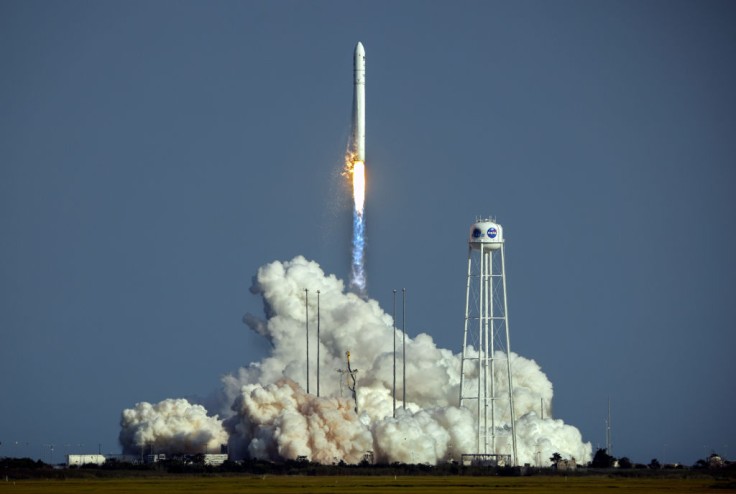
In the later part of this month, SpaceX will launch another Cargo Dragon spacecraft to the International Space Station (ISS) carrying resources and science experiments.
NASA just published a video that details the types of ISS experiments that will be conducted in space.
In addition, the SpaceX Cardo Dragon will also serve as a SpaceX resupply mission.
Cancer drug delivery
One important experiment to be conducted is by Merck, a pharmaceutical company, which is continuing a protein crystal growth project that could lead to a more cost-effective and comfortable way of administering cancer therapy medications through injection in a doctor's office instead of intravenously in a clinical environment.
Bioprinting bandages
According to NASA, SpaceX cargo will deliver to ISS a bioprinting bandage.
A handheld bioprinter that uses a patient's own skin cells to make a tissue-forming patch for covering a wound to speed up the healing process is among the science equipment heading for the space station this month.
If this experiment is proven to be effective, the technology might be used to fast treat skin lesions in space, as well as by patients on Earth.
Infection risk for astronauts
Following the discovery of how spaceflight can increase the virulence of potentially harmful microbes, and potentially resulting in weakened human immune function, this study will examine changes in immune status among astronauts by examining blood and saliva samples taken before, during, and after missions.
The International Space Station findings could aid scientists in determining the risk that infectious bacteria pose to astronauts in space, as well as contribute to the development of viable countermeasures.
NASA stated that a more in-depth understanding of how stress affects immune function could potentially lead to better care for people on Earth with weakened immune systems.
Read Also: NASA Probes Hole in Atmosphere Above North Pole; Can This Affect GPS, Radio Signals on Earth?
Space Food for astronauts
Plant growth in microgravity will be profiled and monitored in this study.
The objective is to study more about how plants feel and react to changes in their environment so that scientists can develop better space-based plant-growing systems.
NASA mentioned that plants could play a significant role in human life support systems for long-duration spaceflight, including the lunar mission and Martian colonization.
Astronauts on the International Space Station have been planting, harvesting, and eating a variety of vegetables for several years as part of research aimed at better understanding and increasing plant growth in space.
Laundries on the moon
Furthermore, Proctor & Gamble will bring Tide Infinity, which is said to be a degradable detergent intended for use in space, to the test so that astronauts on long-duration journeys can feel more comfortable in clean clothes and avoid the embarrassment of stinky socks.
Clean garments are being sent up in frequent resupply trips, but this will no longer be viable on longer voyages.
P&G research Mark Sivik stated via Digital Trends that the biggest hurdles for off-planet laundering, from a scientific standpoint, include the detailed conditions for compatibility with air purification systems, the limited volume of water accessible per wash treatment, and the requirement that the laundry wash water is purified back to safe drinking water.
Sivik went on to say that once Tide Infinity has been demonstrated in space, the technology behind it might be leveraged on Earth to improve sustainable, low-resource laundry solutions.









